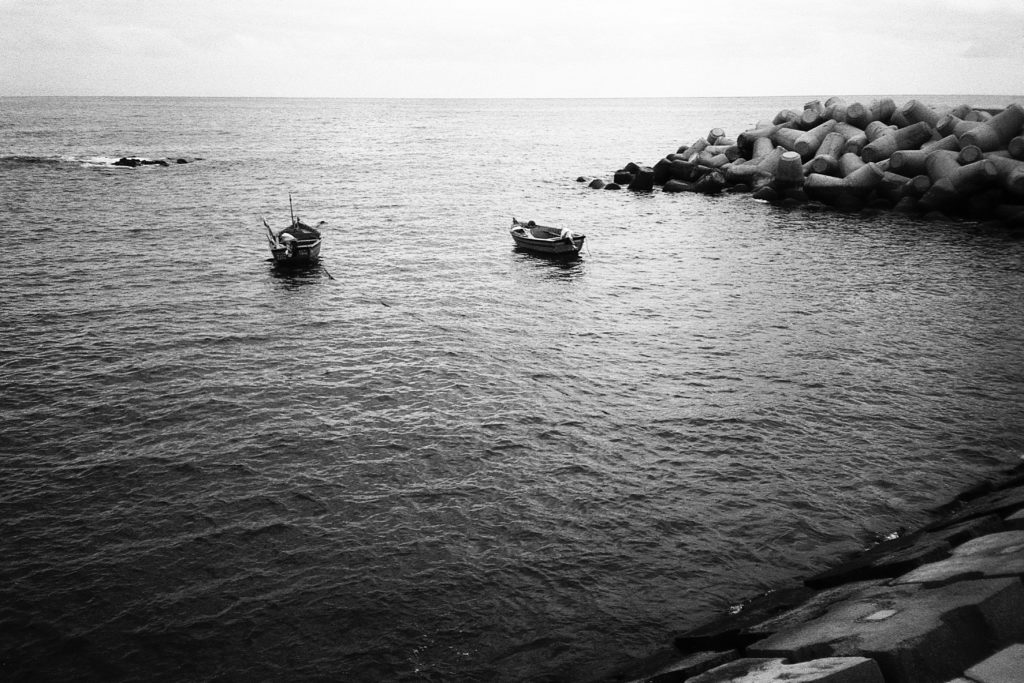Whether you’re an experienced Maine winter angler or new to it, tips from experienced anglers help more than fish tales. Here are five tips to haul in a bigger winter catch.
1. What to Wear
Your success fly fishing requires patience, curious fish and the right gear. Your gear needs to include the proper attire, so you can last longer in cold, especially knee deep or more in frigid water. Lay out your winter wear the night before, preferably by your heater. You’ll wake up to toasty, warm fishing wear. Here’s the best outfit to wear for long lasting warmth.
- a hat,
- fingerless gloves,
- layer a couple of wool or synthetic fiber long-sleeved thick t-shirts,
- top with a wool sweater if it is really cold,
- fleece-lined pants,
- two pairs of fleece socks,
- rubber soled boots with studded bottoms,
- rubber waders.
Avoid felt soled boots in winter. Always turn your waders inside out to dry, so any condensation on the interior dries completely before you wear them again. If you fish from a boat, cover the studded sole boots with a crocs styled protective cover called “Over Boot Stud Covers,” so you don’t damage the flooring. Keep some hand warmers in your pocket to pluck out and thaw your fingers, so you can bring in that big catch.
2. Tow the (Right) Line
Line choice matters more in winter. You’ll need to fish sub-surface, so try a 5′ sink-tip line, such as the Orvis “Streamer Stripper.” Rio and Scientific Angler also make good lines for Maine winter fishing. This versatile line lets you fish in shallows to about a depth of 10 feet with no adjustments except highsticking and cast angle.
3. Mind Your Flies
Expect to lose your flies. It happens. Learn to tie a simple knot that you can manage even with numb fingers. Some swear by the Orvis knot. Try smaller flies in winter. Flies to try:
- black and gold stone,
- grey or tan dry size 22 or smaller,
- midge style (Orvis example).
4. Fishy Behavior
Fish enjoy finding a comfortable environment in winter, too. They favor staying close to the banks in winter. They tend toward slow water, so they don’t have to fight current (a waste of their energy). The energy fish willingly expend in winter also means you need to closely watch your line because it’ll experience more subtle hits than warmer seasons. If your indicator budges at all, set the hook.
5. Little Icebergs
While you watch your line, also watch the waters. Maine in winter means freezing or below freezing temperatures. The water isn’t wearing your toasty get up and freezes. Watch for ice. Large blocks or chunks of ice break off from banks or ice shelves and float down river. This happens more often when you fish down river from a dam. The ice can knock you off your feet into the icy water. This puts you at risk for hypothermia. Watch for ice. Always carry a dry change of clothes with you. Store them in your vehicle. If you do hit the water, stop fishing immediately. Go get out of the wet clothing and visit the emergency room. Your body temperature can quickly drop to a dangerous level. Always fish with a buddy for fun amd safety. The buddy system can save your life.
Prepare yourself for a cold winter’s day and enjoy a sizzling pan of seared fish that evening. Before you hit the water, review the state fishing regulations, local information and obtain an appropriate license. Also, bookmark the state’s fish identity guide. That way, you know what to throw back. Not every species is legal to catch in winter. Stay warm and eat well.
